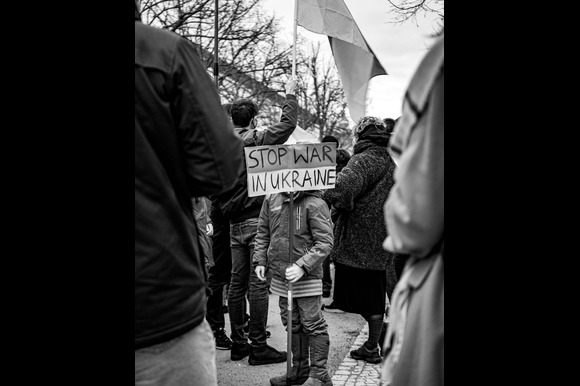In a significant development marking one of the largest transfers of remains since the conflict began over three years ago, Russia has returned the bodies of 1,200 Ukrainian soldiers to Kyiv. The handover, conducted on Friday, follows agreements reached during peace negotiations held in Istanbul last month.
Despite the move, Moscow has described the exchange as one-sided. According to Russia’s state-run TASS news agency, an unnamed source stated, “Today, Russia handed over 1,200 bodies of deceased soldiers of the Ukrainian armed forces to Ukraine. Not a single one was handed over to us.” The claim reflects Russia’s frustration with what it describes as Kyiv’s failure to reciprocate in the return of its own fallen troops.
Russian presidential aide Vladimir Medinsky further alleged that Ukraine postponed a planned exchange of remains and prisoners on June 7 without providing any public rationale. His comments point to ongoing challenges in coordinating sensitive exchanges amid the war’s persistent tensions.
Ukraine’s Coordination Headquarters for the Treatment of Prisoners of War acknowledged receiving the remains and confirmed that forensic experts would now begin the process of identification. The bodies are believed to belong to Ukrainian military personnel. Earlier this week, a similar exchange took place when Russia returned 1,212 bodies to Ukraine but received just 27 Russian bodies in return.
Despite the apparent imbalance, both nations have expressed a mutual willingness to continue with repatriations. According to reports, the two sides have agreed in principle to exchange up to 6,000 bodies and to prioritize the release of severely wounded prisoners, the sick, and those under 25 years of age.
EU Extends Protection for Ukrainian Refugees
As the conflict grinds on, the European Union has announced a further extension of its temporary protection scheme for Ukrainian refugees, allowing them to remain within the EU until March 2027. The extension was confirmed on Friday and comes in response to ongoing military activity and humanitarian need.
Since Russia launched its invasion in February 2022, millions have fled Ukraine, and more than 4.3 million are currently registered under the EU’s protection framework. The largest host nations include Germany, Poland, and the Czech Republic.
Polish Interior Minister Tomasz Siemoniak commented, “While Russia continues to terrorise Ukrainian civilians with indiscriminate air strikes, the EU continues to show its solidarity. We will continue to offer protection for millions of Ukrainian refugees for another year.”
Casualties Mount Amid Renewed Fighting
On the battlefield, intense fighting continues to claim lives on both sides. In Russia’s Belgorod region, a two-year-old boy was reportedly killed, and two adults, including his grandmother, were injured in what local officials described as a Ukrainian drone strike. Governor Vyacheslav Gladkov confirmed the casualties.
Russia’s Ministry of Defence claimed to have intercepted 260 Ukrainian drones in the past 24 hours alone. Over the last week, it reported downing a Neptune long-range missile, 18 JDAM precision-guided bombs, nine HIMARS rockets, and 1,582 Ukrainian fixed-wing drones.
In Ukraine, the Zaporizhzhia region experienced deadly Russian shelling, with Governor Ivan Fedorov reporting one fatality and three injuries. Meanwhile, in Donetsk, Governor Vadym Filashkin confirmed that two civilians had been killed and five others wounded in continued Russian attacks across the region.
Ukraine’s military also reported conducting strikes deep into Russian territory. Among the targets was the Rezonit electronics factory near Moscow, where Ukrainian forces claim to have caused explosions. The General Staff of Ukraine’s Armed Forces noted that Russian troops launched 113 assaults on Ukrainian positions across key fronts, including Lyman, Pokrovsk, Novopavlivka, and Kurakhove.
While the war shows no signs of abating, the latest repatriation of remains and continued international support for Ukrainian refugees signal ongoing efforts to manage the humanitarian toll of the conflict.






